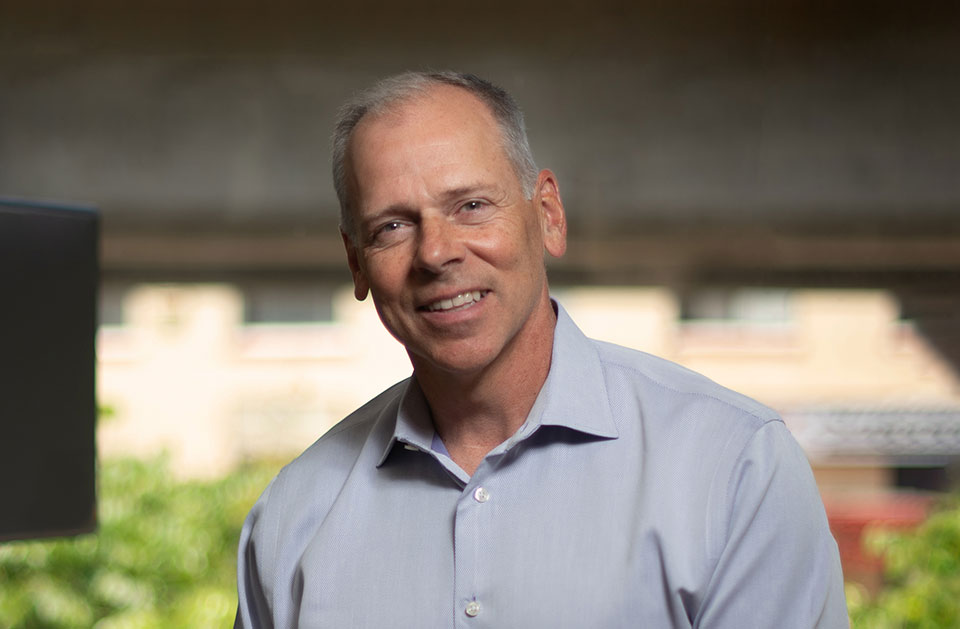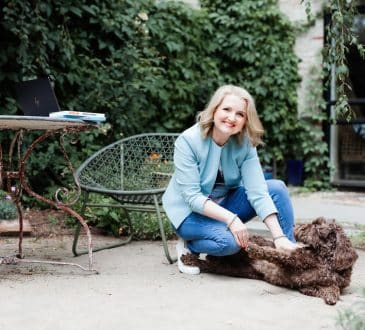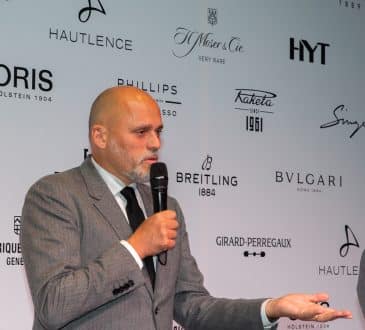Leadership Development for Racial Equity

After working 26 years in the for-profit capital sector of our economy and nine years with the poor, forgotten, and demonized people of our society, I see life much differently. I feel as if I’ve awakened to a new understanding of the rules of how we interact for the betterment of society. The Homeboy Way is the “how” of mutuality, compassion, and kinship for a better society.
Homeboy Industries is the largest and most successful gang re-entry program in the world. It was founded and is led by Father Greg Boyle, a Jesuit priest, who dedicates his life to helping men and women get out of the gang lifestyle. As they transform their lives, these men and women show us why people should not be defined by the worst thing they’ve done. Homeboy has helped thousands of people heal from complex trauma and become contributing members of our society—even when it seems like everyone else in society has given up on them. In many ways this effort can be viewed as a fight against racial and economic inequities–for the population we serve are poor people of color who have never been given a fair chance in our society.
As a human services non-profit, Homeboy has always struggled with securing the financial resources needed to stay afloat. I arrived at Homeboy exactly when they needed somebody like me with the skill set of running successful organizations. I also arrived at a time when I needed to learn more about myself and my spiritual trajectory. Working with Homeboy Industries gave me knowledge and insight about my own spirituality and about the plight of the people Homeboy Industries serves.
I’ve made friendships and relationships that are remarkable. I’ve experienced more sorrow and more joy in these past few years than in my whole life before that. Along the way, almost by providence, I was able to see how business can be done with a different set of priorities so that everyone benefits: the owners, the management, and those who have never been able to sustain a job but now do. I learned how to help the “unemployable” become employable. I participated in the development of business models that provide not just economic impact but social impact. Doing business the Homeboy Way is the direction we need to take our collective efforts and is a road map to reorganize the capital markets.
In today’s environment, we have massive tidal currents flowing around the issues and causes of social injustice and racial inequities. What I didn’t know at the time, but do now, is that I was fortunate to be on the front lines with the people involved. I became not just a non-profit CEO of a human services agency, but more importantly, a participant in the fight to bring resources and help to those on the margins of our society.
I learned a great deal about leadership development for racial equity. Every organization, whether being a non-profit or government agency and especially a for-profit enterprise, needs to take on this issue and push to improve lives for everyone around us.
The struggle for any organization is to develop the next generation of leaders from within, and at Homeboy, it’s not only vitally important to the mission, but an order of magnitude more difficult. Our population of former gang members needs to see people like themselves in leadership roles so that actions we take are authentic and have the best interest of the client in mind.
Outside organizations have the luxury of hiring into their organization mid- to high-level managers and can groom them to become the top leadership. For Homeboy, to have leaders who share the lived experiences and histories of those we serve—gang life, incarceration, and trauma—we need to groom our people from the very bottom up. They start as clients to transform their lives, and when they are ready, become front-line core workers, which is followed by a series of supervisory jobs before they get into middle management. Once in middle management, they have attained a combination of positive leadership and a few functional skills. However, to move beyond middle management at Homeboy or at any organization, it becomes a question of how many other functional skills one can attain along the way. When one becomes a senior leader, they function as a general manager. This is where the task becomes the largest challenge, for it’s in part about motivation of the individual and the ability of the organization to provide such learning experiences.
Motivating our clients can be complicated. One of our founders’ insights is that young people—who are stuck in the gang lifestyle—don’t see themselves living past 30 years of age. (This is one reason why tougher sentencing laws don’t deter crime, for they don’t feel like their life is going to last long anyway.) When they come to Homeboy to change their lives, it’s the first time they’ve started dreaming and planning for a long life. Once they make it through our 18-month program, they rightly feel like they accomplished something magical: “What’s next and how do I move up the corporate ladder?” is no longer so far away from their thinking. However, many just want to revel in the life they now have, “the good life.” I’ve had many conversations with trainees who make that first leap to management and they are thrilled and don’t even want to think about the next step. They are now a success to their children, their families, their friends, and themselves.
Another aspect of developing a career is that you need self-awareness about your “work flaws.” When our homies reach “the good life,” it is after so much deep introspection to transform their lives, they avoid considering yet another level of introspection regarding work life. This period of calm can last a few years. Then, for some, they begin to want more and develop further. When this time arrives, we can begin discussions about further development of business and managerial skills.
We have to keep in mind that the only organizational structure our homies have known is gang hierarchy, which is a very different structure than the nonprofit grassroots-based world and the corporate world of matrix organizations. In the gang world, the leader gets to make a call, and everyone needs to follow and listen. When our people from within become managers at Homeboy for the first time, they expect absolute authority, which rarely ever happens, and thus a clash occurs. This can lead to them questioning their own worth or even stoke a desire to just fire everyone. For them the awareness of this issue and then shifting their own mindset usually take time to overcome.
The last challenge area is that of plain old organizational trivialities such as emails, phone calls, and filling out reports. This is where Homeboy’s internal folks struggle the most: They don’t see it as a priority, and some see it as “women’s work” and feel it’s a waste of their talent. If they refuse to do it, it often becomes their biggest barrier to career advancement. However, after a lot of coaching “straight talk” style, they come around and eventually get to a point of reconciling these issues.
Even with these challenges, we have terrific managers who have been able to overcome their obstacles and have attained high leadership positions. The effort to develop the management team that is partially composed of leaders with homie experiences requires time, money, and most importantly, a mindset the whole organization needs to take on.
From a larger societal perspective, I believe a main factor will be how to bring more people out of poverty and into quality jobs that provide for growth up the economic ladder. It’s not good enough to just provide entry level (usually minimum wage) positions, but a job that leads to something more substantive. To do so will mean an over-investment in terms of developing people’s employment skills while they are working. A proactive approach for people of color with the same type of lived experience is to provide guidance, mentorship, and coaching. I suspect that the same factors that present challenges for Homeboy will be the same factors other organizations face when endeavoring to truly push people up the economic ladder. Our hard-earned lessons should be a model for other organizations that wish to take a similar path and work to bring about racial equity.
Written by Thomas Vozzo.
Have you read?
# Best Citizenship and Residency by Investment Programs.
# Richest People in New York and Their Net Worth, 2022.
# The World’s Top 10 CEOs Over 70 Years Old.
# These are the world’s most and least powerful passports, 2022.
# Case Study: LVMH’s Bernard Arnault, Apple’s Tim Cook, and Elon Musk.
Add CEOWORLD magazine to your Google News feed.
Follow CEOWORLD magazine headlines on: Google News, LinkedIn, Twitter, and Facebook.
Copyright 2024 The CEOWORLD magazine. All rights reserved. This material (and any extract from it) must not be copied, redistributed or placed on any website, without CEOWORLD magazine' prior written consent. For media queries, please contact: info@ceoworld.biz








